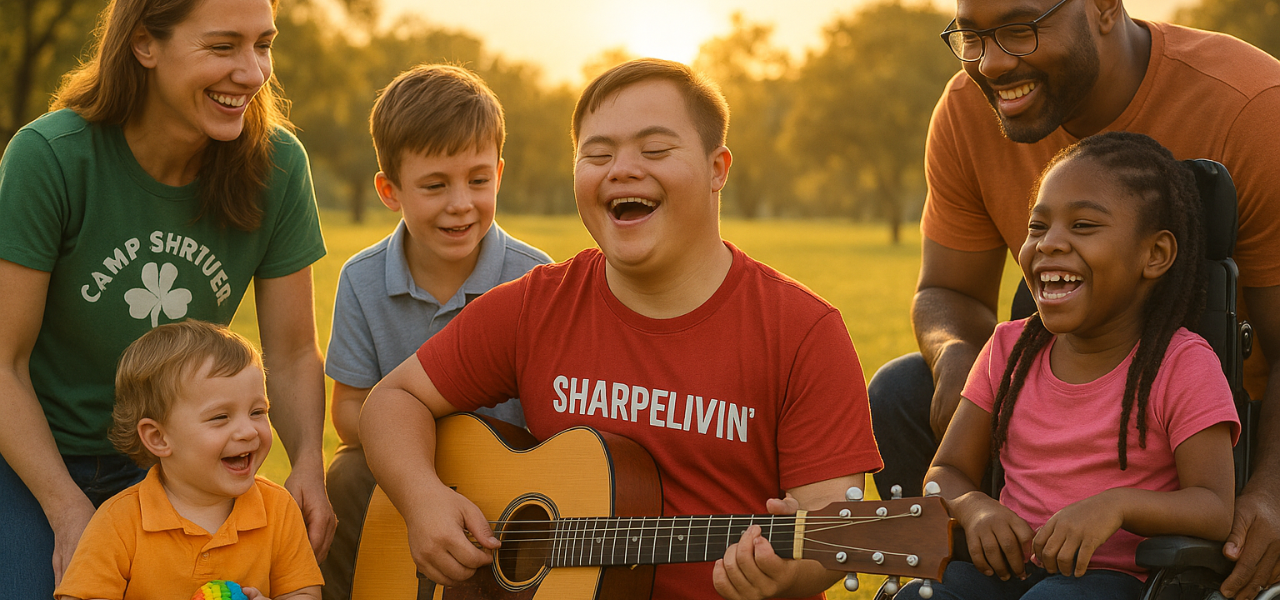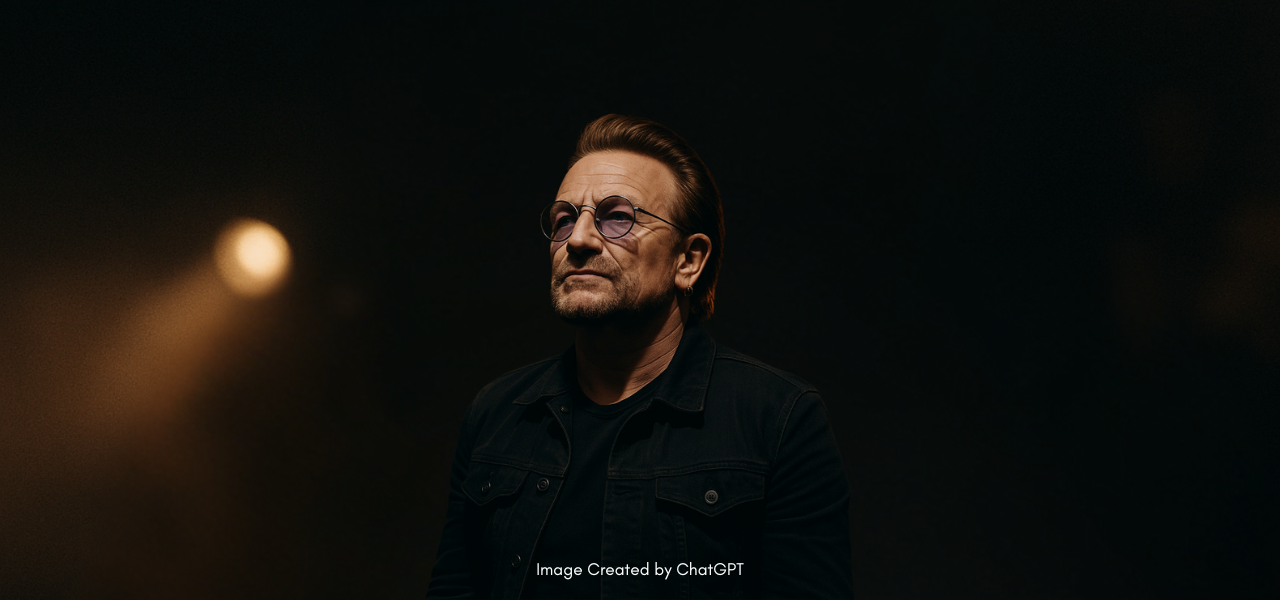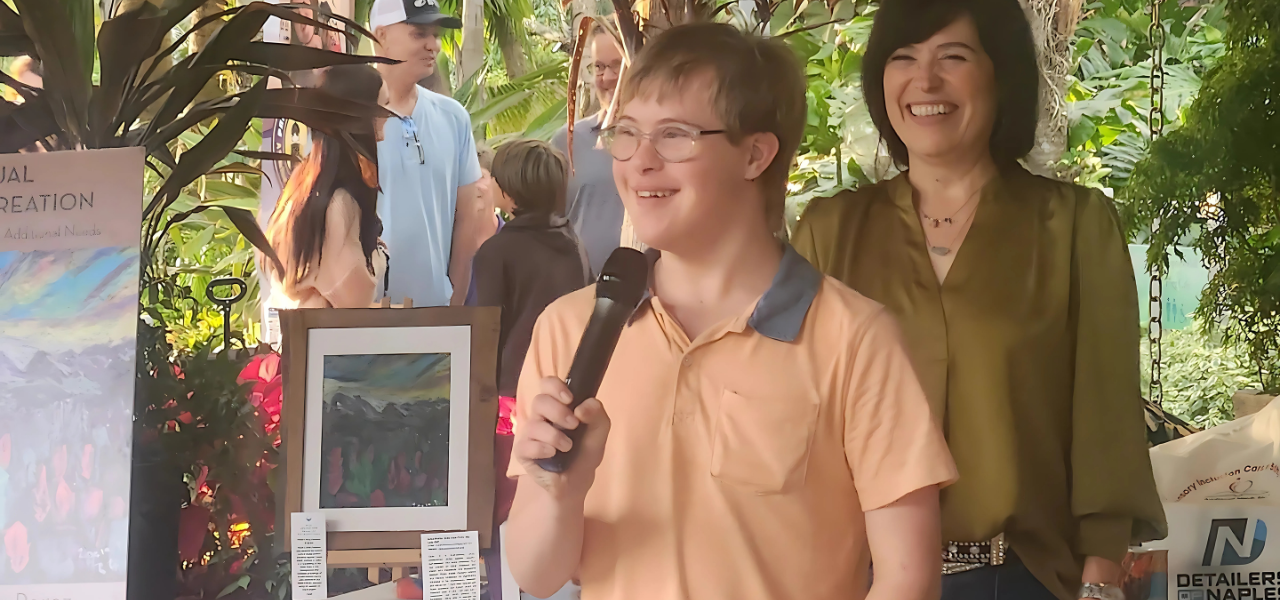I’ve seen it firsthand—bright eyes, quick minds, deep feelings. I’ve also seen something else: those same children, teens, and adults being passed over, underestimated, or misunderstood—not because they lack ability, but because they lack access.
Nowhere is this more evident than in the additional needs community. Families like mine have long carried a quiet ache: that our children aren’t falling short because they can’t—they’re falling short because they were never given the tools to succeed.
We’ve Been Looking at This All Wrong
For too long, we’ve misunderstood the outcomes of individuals with additional needs. When they struggle, society jumps to the conclusion that they are incapable. That’s not just wrong—it’s damaging.
Here’s the truth: most of these individuals haven’t had a fair shot.
They’ve been under-resourced, under-supported, and, more painfully, under-believed. We built systems for efficiency, not inclusion. We praised independence, but forgot interdependence is what makes strong communities. And while society has told them to “try harder,” it rarely asked, “What are we missing?”
The Painful Part: Sometimes Even Parents Stop Hoping
I say this with love, because I’ve been there. After hitting wall after wall—fighting for services, inclusion, therapies, understanding—it’s easy for even the most determined parents to lose faith in what’s possible.
You start adjusting expectations down. You stop asking for more. You go quiet. Yet here’s what I need every parent to hear: Your child’s challenges do not define their ceiling. What they need isn’t “fixing”—they need opportunities, belief, and support that actually fits them.
And sometimes… we need that too.
So What Can We Do—Right Now?
This isn’t just a call for awareness. It’s a call to action. Whether you’re a parent, educator, community leader, or simply someone who wants to make the world better, here’s where we can start:
1. Believe Differently
Change starts with mindset. Stop asking if they can. Start asking how we can help them succeed. Assume competence. Look deeper. Every person deserves to be seen for who they are, not who they are compared to.
2. Invest in Tools, Not Just Treatment
Speech devices. Sensory tools. Alternative communication. Music, art, movement. We don’t need to make people fit the system—we need to build systems around people. It’s not about more therapy; it’s about the right kind of support at the right time.
3. Support Organizations That Support the Whole Family
So many programs focus only on direct services, when in truth, it’s the caregiver, the educator, the whole ecosystem that needs to be lifted. When you donate, volunteer, or advocate—support infrastructure too. That’s what sustains real change.
4. Celebrate Strengths, Not Just “Progress”
Milestones matter, but they aren’t the only measure of growth. Let’s stop seeing joy, connection, art, advocacy, and kindness as “extras”—they’re essential signs of a thriving life.
5. Keep Showing Up
Whether you’re a tired parent or a curious neighbor, your continued presence matters. Real change doesn’t come from one big policy shift—it comes from daily decisions to show up, include, and care.
We live in a world overflowing with talent, creativity, and potential. Yet if we continue to deny tools to those who need them most, we all lose out.
So let’s rewrite the story.
Let’s be the ones who see the child in the wheelchair as a future leader, the nonverbal teen as a gifted communicator, the young adult with Down syndrome as an innovative entrepreneur, and the overwhelmed parent as a powerhouse of strength.
Let’s be the ones who ask what’s possible and then help build it.
Because when belief meets opportunity, the results aren’t just good, they’re extraordinary.




